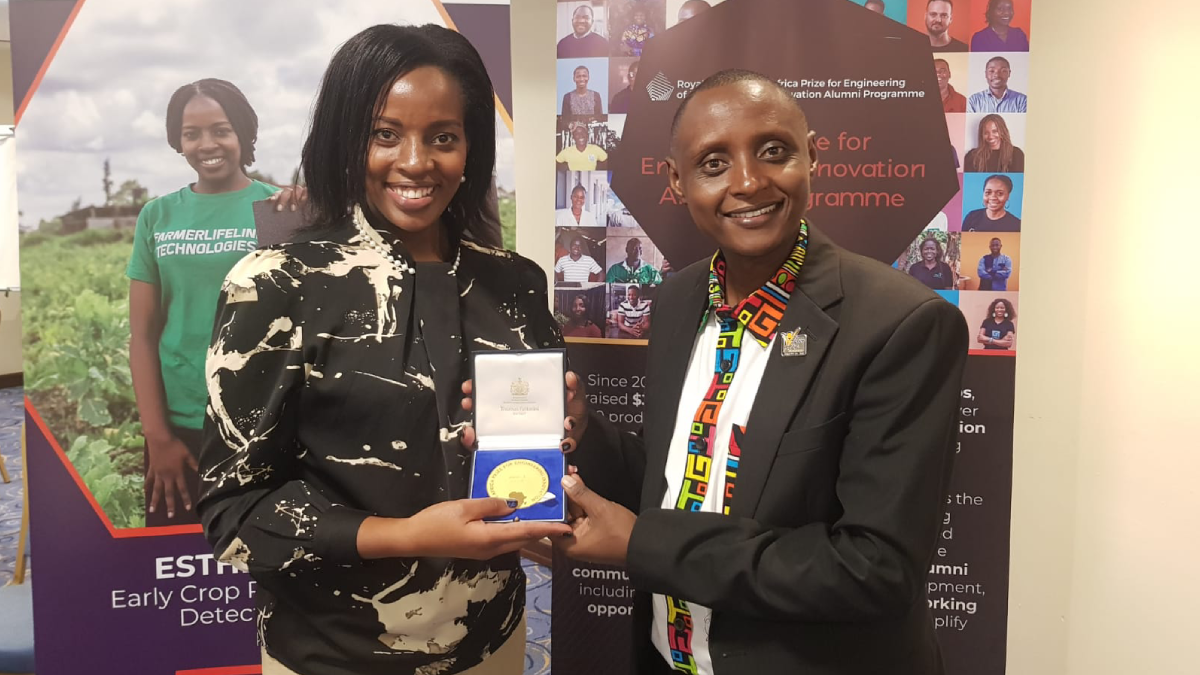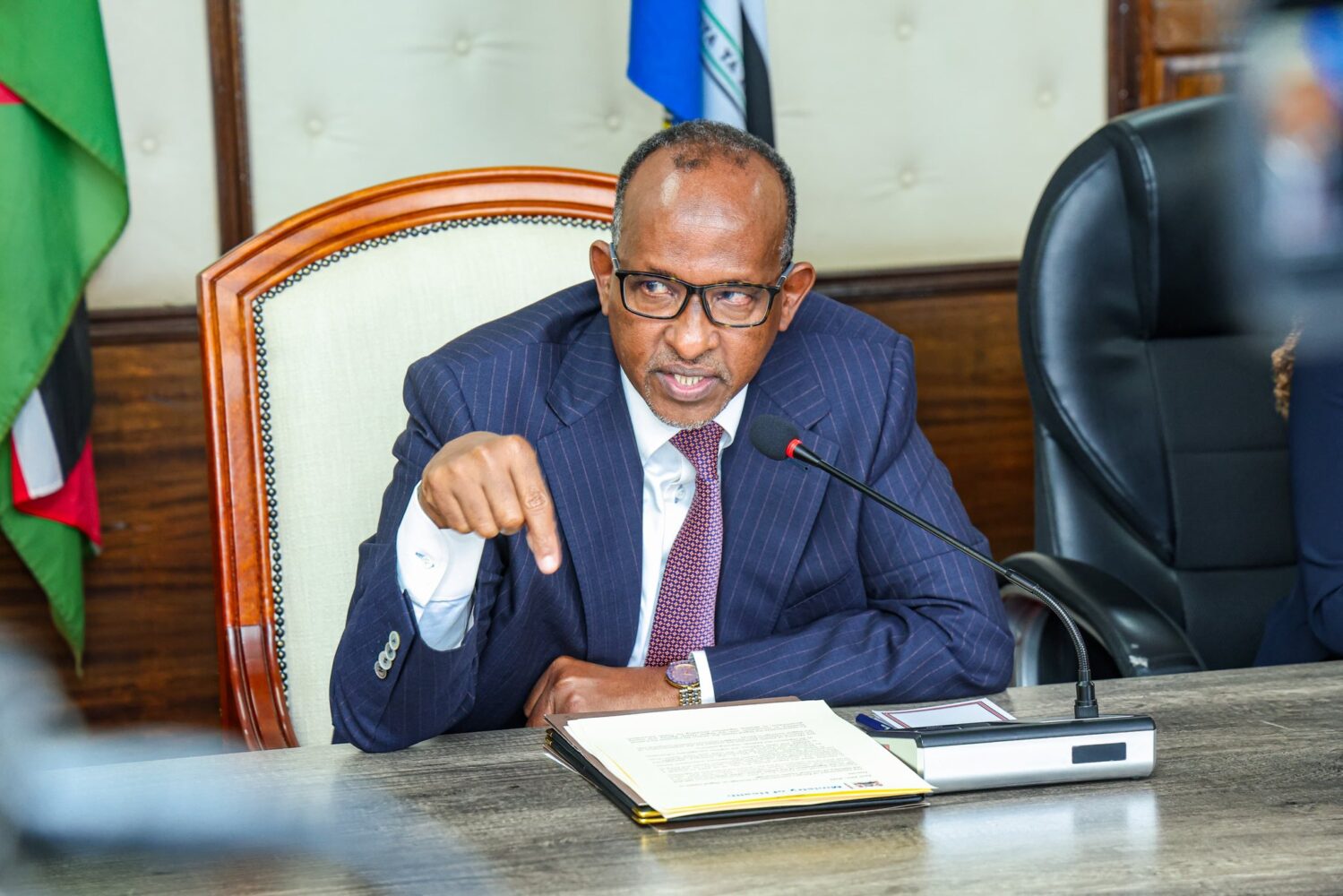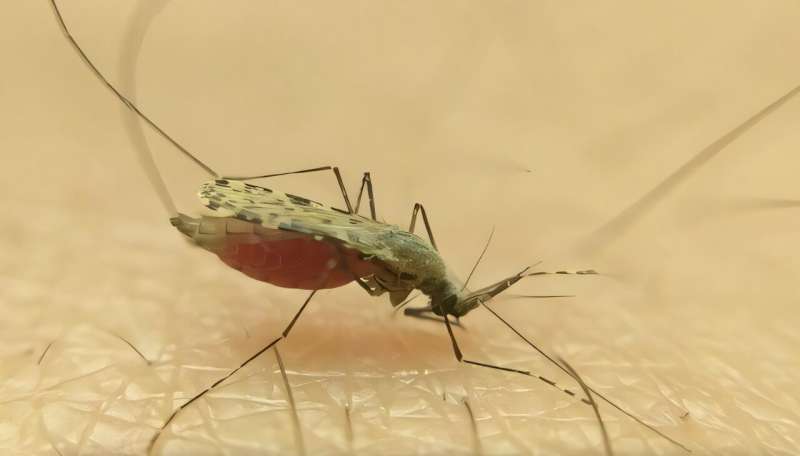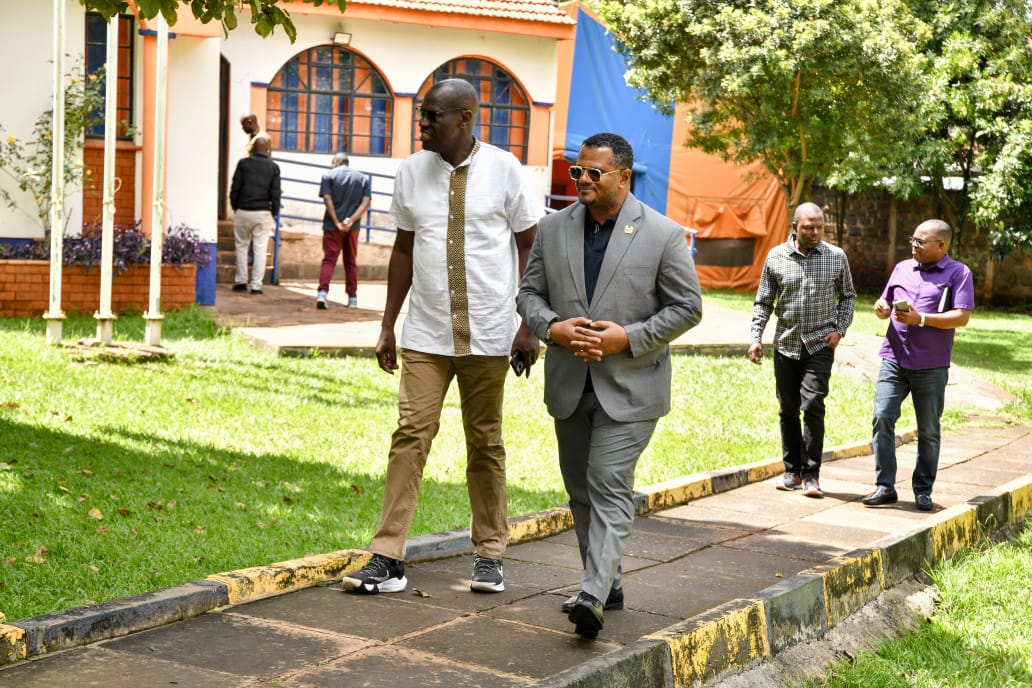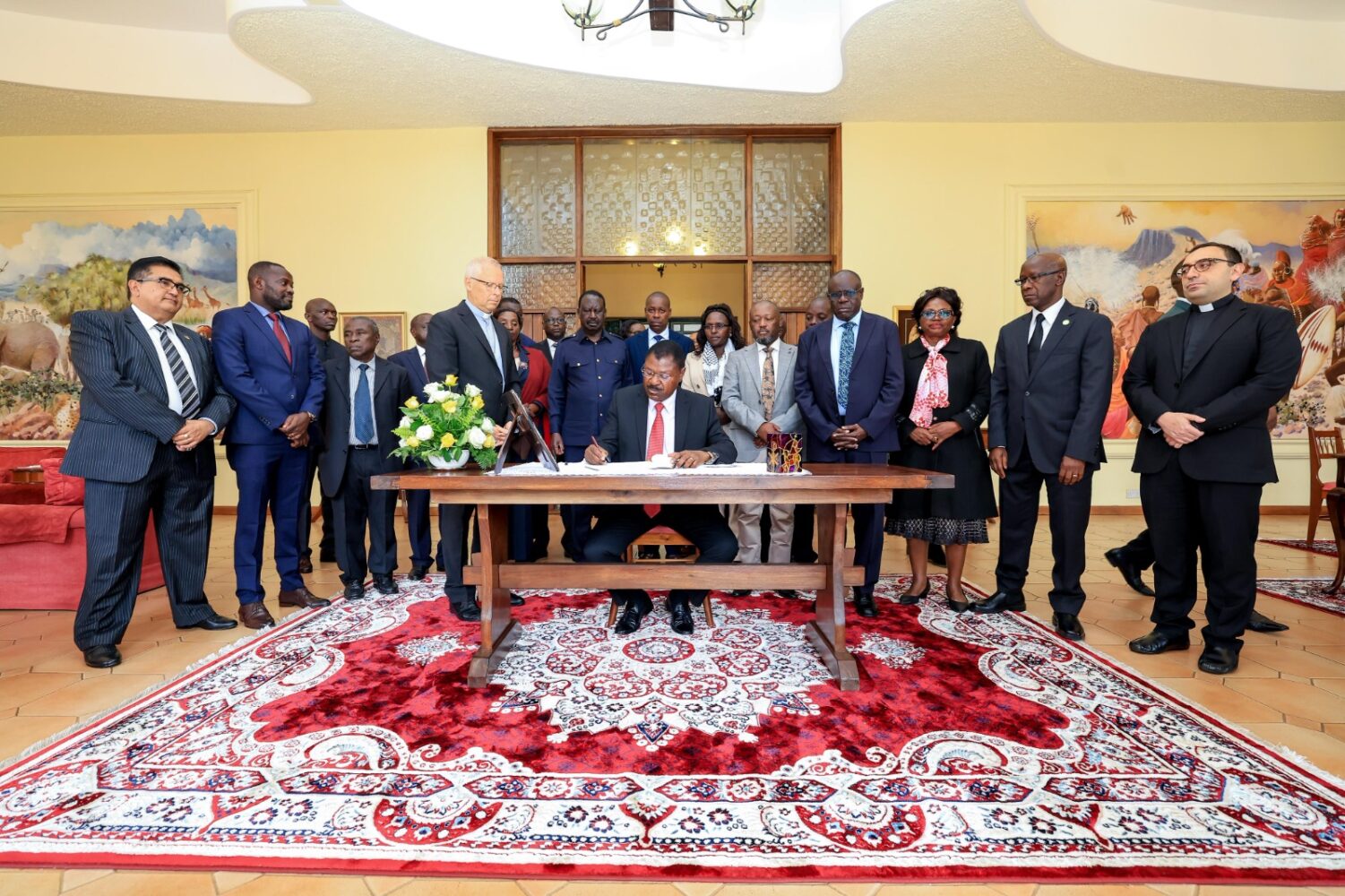A Kenyan woman and a budding innovator has won the prestigious Africa Prize for Engineering Innovation for her mind-blowing innovation to combat crop pests and diseases in Kenya and across Africa.
Esther Kimani together with her team has developed a solar-powered tool using AI and machine learning-enabled cameras to swiftly detect and identify agricultural pests and diseases, which has won Africa’s largest prize for engineering innovation
Ms Kimani was named the winner of Africa’s biggest engineering prize, the Royal Academy of Engineering’s Africa Prize for Engineering Innovation at a fete that brought together over 80 innovators drawn from across Africa. She took home KSh8.3 million in prize.
Her early crop pest and disease detection device was selected as the winning innovation for its ability to swiftly detect and identify agricultural pests and diseases, reducing crop losses for smallholder farmers by up to 30% while increasing yields by as much as 40%.
Kimani’s innovation not only provides real-time alerts within five seconds of an infestation, offering tailored intervention suggestions, but also alerts government agricultural officers to the presence of diseases or pests, contributing to broader agricultural management efforts.
Speaking after receiving the award, Ms Kimani divulged that she developed her innovation, dubbed as Farmer Lifeline Technologies, while undertaking her Computer Science Degree at the University of Eldoret.
She quipped that the losses incurred by farmers in her village, Tigoni in Nyandarua County, due to pests and diseases inspired her to embark on a journey of finding a lasting solution that would help the smallholder farmers reduce losses and maximize on their production.
Kimani highlighted that the solar-powered tool uses computer vision algorithms and advanced machine learning to detect and identify crop pests, pathogens or diseases, as well as the nature of the infection or infestation.
The device then notifies the farmer via SMS which is an affordable alternative to traditional detection methods. She leases the devices for just 3 dollars per month, significantly cheaper than hiring drones or agricultural inspectors.
The innovator revealed that they are currently working with some 5000 farmers in central Kenya adding that by the end of this year the number will have doubled as they have spread their wings to five more counties.
She regretted that about five million smallholder farmers in Kenya lose on average 33% of their crops to pests and diseases adding that her innovation provides a solution to the challenge with 97.5 percent accuracy.
She revealed that she will spend her winnings to further develop her innovation so as to reach out to more smallholder farmers and abet in enhancing food production in the country and across the continent for improved food security.
Kelvin Maina, another innovative Kenyan, bagged Sh 2.5 million to enable him develop his innovation dubbed as Eco Tiles.
Maina makes environmentally friendly roofing material made from recycled plastics that are stronger and lighter than clay or concrete tiles. The innovation is a dual solution to plastic pollution and high building costs.
Maina told journalists that the innovative manufacturing process involves a custom-made extrusion machine that blends different plastics at varying temperatures, eliminating the need for energy-intensive processes like kiln-burning and reducing carbon emissions.
He noted that his firm, which he founded in 2016, currently handles about 20 tons of plastics to produce about 1,500 tiles on a daily basis adding that he’s currently working to expand his production capacity.
Catriona MacArthur, the Senior Manager Africa Programme divulged that the Africa Prize has supported almost 150 entrepreneurs across 23 African countries, generating over 28,000 jobs and benefitting more than 10 million people through the innovative products and services developed.
She averred that the Africa Prize for Engineering Innovation, founded by the Royal Academy of Engineering in 2014, is Africa’s biggest prize dedicated to developing African innovators and helping them to maximise their impact.
The Africa Prize is supported by the UK Government, including the UK’s Global Challenges Research Fund and the Department for Science, Innovation and Technology Official Development Assistance funding, as well as charitable trusts and foundations, individual donors and corporate partners over the last ten years.


